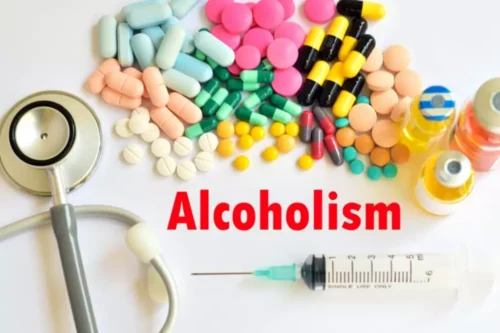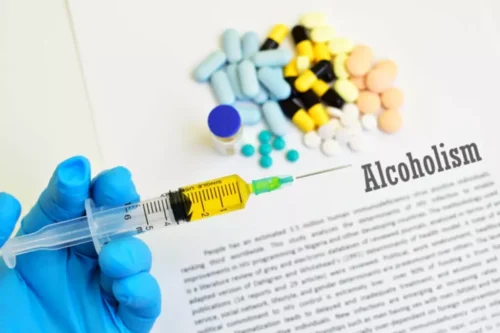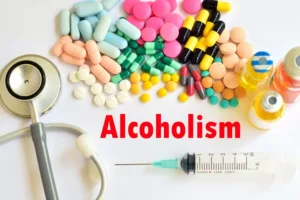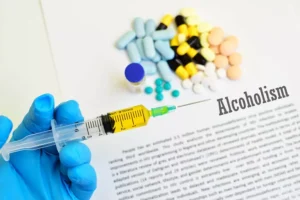
When experiencing hangover shakes, it’s essential to give your body the time it needs to recuperate. Fatigue and lack of sleep can exacerbate the shakes, so try to prioritize rest and allow your body to recover naturally. If possible, take short naps or engage in relaxing activities to promote better sleep. If you are concerned about your alcohol consumption or are experiencing symptoms that interfere with your daily life, it’s important to speak with a healthcare professional. In these cases, it’s important to take extra precautions when drinking alcohol and to seek medical advice if you experience any unusual symptoms.
Symptoms of ‘The Hangover Shakes’

Of the many, many non-alcoholic beers I’ve tried, this award-winning offering sits firmly in the top spot. However, it’s worth noting how often you find yourself plagued by the shakes – and totting up how regular those big nights out are becoming. Hangover shakes can make certain fine motor tasks, such as eating, typing, or dressing, more challenging.
- If you experience severe or prolonged hangover shakes, it is crucial to consult a healthcare professional.
- Excessive drinking for long periods and stopping can cause severe tremors and is a cause for serious concern.
- So if you’re struggling with your alcohol consumption, you’re certainly not alone.
Treating Hangover Shakes
Experiencing hangover shakes can be unsettling, but they typically subside once your hangover does — and they won’t reoccur if you change your drinking habits for good. Maintaining a balanced nutritional intake can significantly contribute to mitigating the effects of ‘The Hangover Shakes’ and promoting faster recovery. Meal planning plays a crucial role in ensuring you get the necessary nutrients to combat the aftermath of alcohol consumption. It acts as a depressant, slowing down brain activity and suppressing the central nervous system. This can result in various effects, including impaired coordination, reduced reaction time, and decreased cognitive function. Also, it’s essential to remember that if you are hungover, there is a likelihood that your blood alcohol levels are still too high to drive safely.
What Are the Effects?
Since glucose is the primary energy source for your brain and body, low blood sugar causes a range of symptoms, including weakness, fatigue, and yes, those shaky hands. It’s similar to how you might feel if you’ve skipped a meal or gone too long without eating. can a hangover make you shaky In order to ward off the symptoms of dehydration following a hangover, it is good practice to drink non-alcoholic fluids. In addition, ensuring you have an adequate amount of time to sleep may decrease difficulty concentrating and fatigue the following day. These symptoms include dehydration, depression, headache, anxiety, appetite suppression, difficulty concentrating, nausea, and sleepiness.

When you consume too much alcohol, your nervous system gets thrown off balance. As your body starts to process and eliminate the alcohol, it can lead to these unsettling shakes. If you find yourself regularly experiencing hangover shakes, it might be a sign of a drinking problem. People with a history of anxiety may also find that their hangover shakes are more pronounced. It’s your body’s way of telling you that it’s time to take a closer look at your alcohol consumption habits.
- It’s also possible that your hangover will be completely gone by the time you wake up.
- Understanding alcohol withdrawal symptoms is crucial for recognizing the signs of a drinking problem.
- She holds a Bachelor of Arts in American studies from Skidmore College.
- Alcohol disrupts the delicate balance of neurotransmitters in your brain, the chemical messengers that control everything from your mood to your movements.
- As the effects of alcohol wear off, the nervous system becomes more active, and a lot of information and stimulation is suddenly going through it.
Got the hangover shakes? This is why your hands tremble after a big night out

Waking up with your body trembling after a night of drinking is a bumpy experience. While those hangover shakes are usually temporary, they can definitely put a damper on your day. But don’t worry, there are ways to ease those tremors and get yourself back on track.

Top 10 Drug & Alcohol Rehab Centers in Massachusetts
If your shakes last drug addiction treatment longer than 24 hours, or if you’re concerned that they might be a sign of withdrawal, it’s best to talk with a healthcare professional as soon as possible. Again, shaking and tremors can also be a symptom of alcohol withdrawal syndrome, which can happen if you’ve been drinking for a while and suddenly stop or sharply reduce your intake. The timeframe can also vary from person to person, depending on how much alcohol is consumed and your body composition. If you drink frequently, you might experience more frequent shakes afterward. Some people have greater success handling alcohol withdrawal on their own than others. Therapy options and support groups are valuable resources that can offer a structured approach to understanding and coping with the challenges you may be facing.
